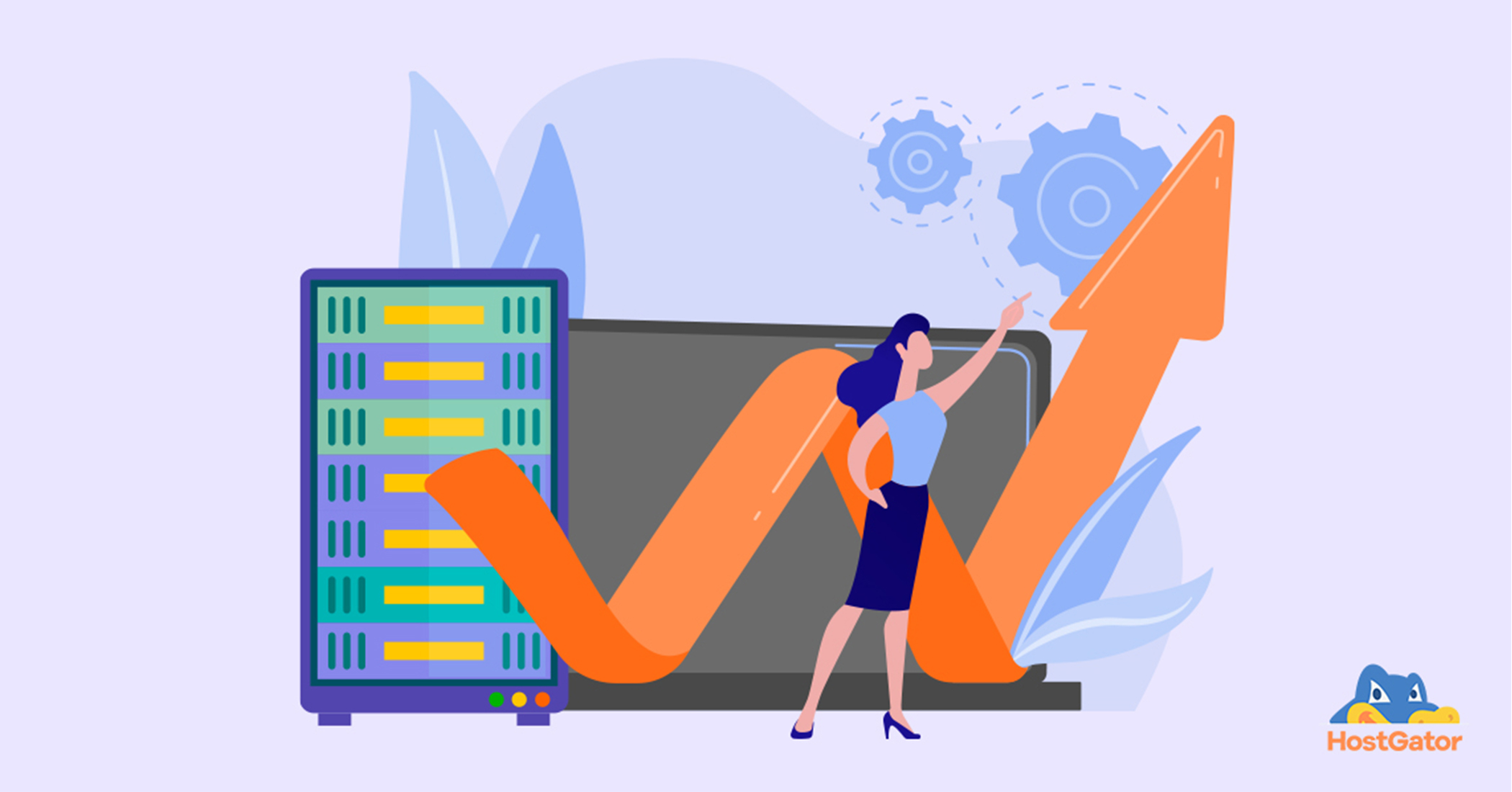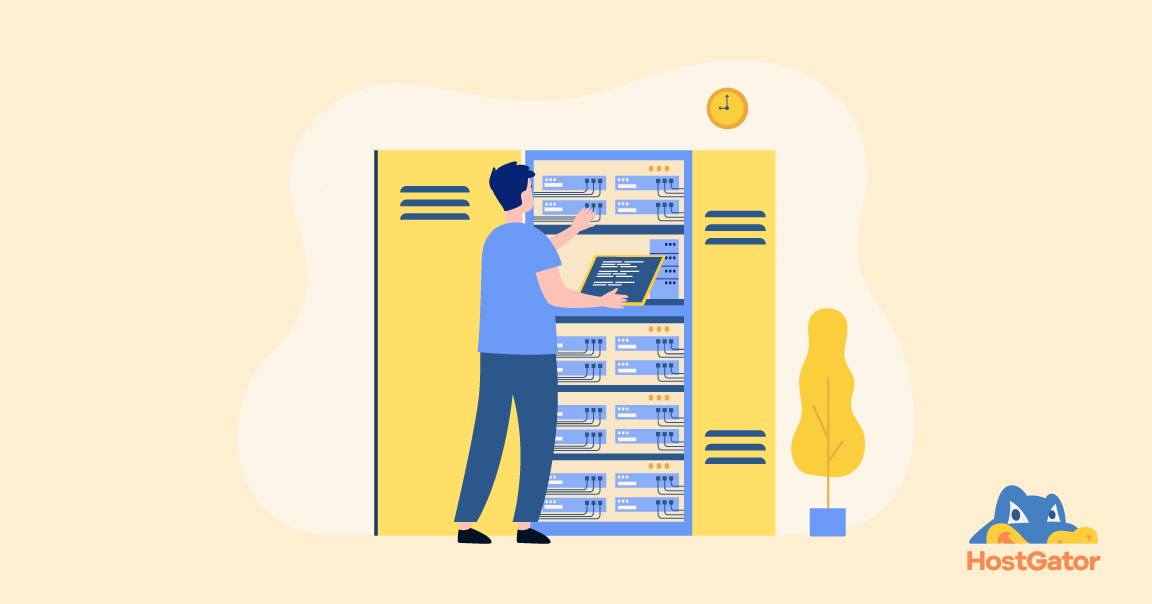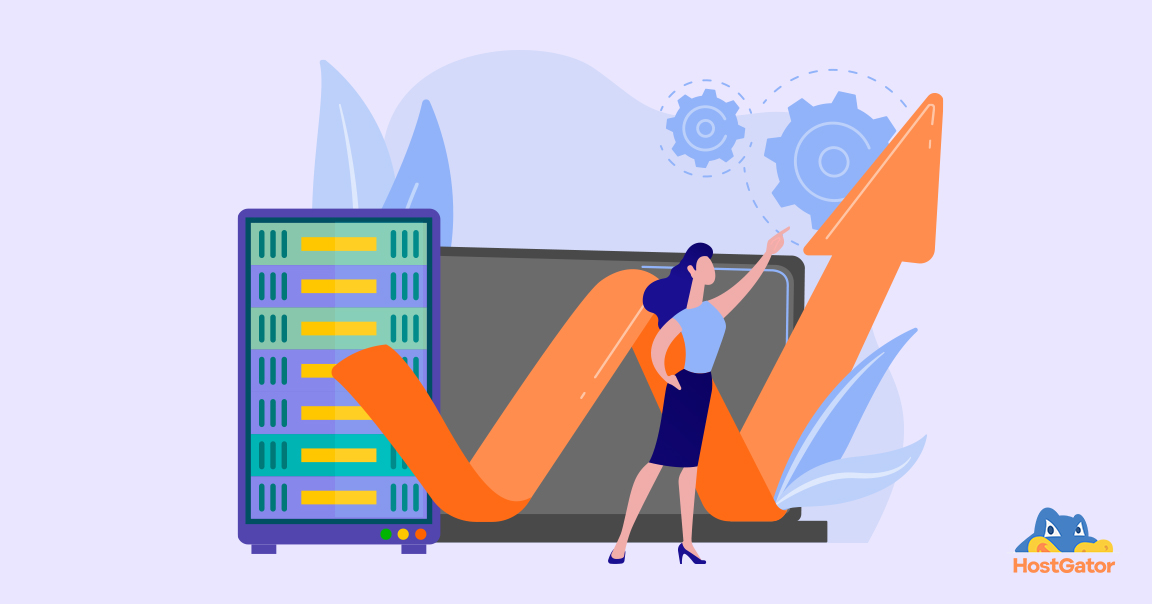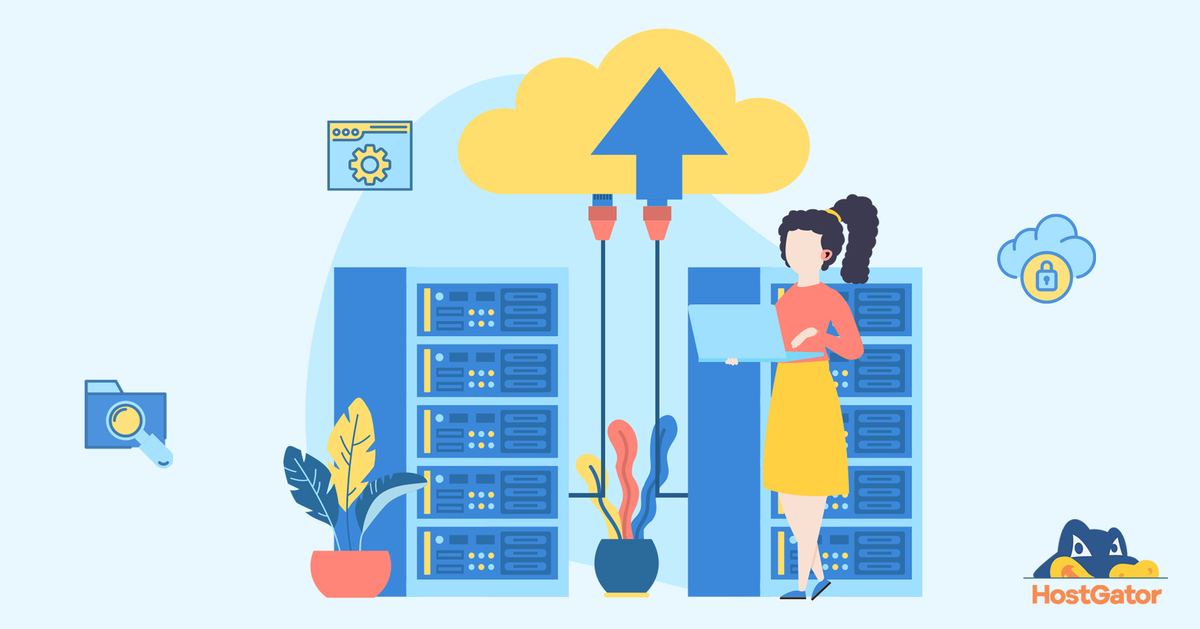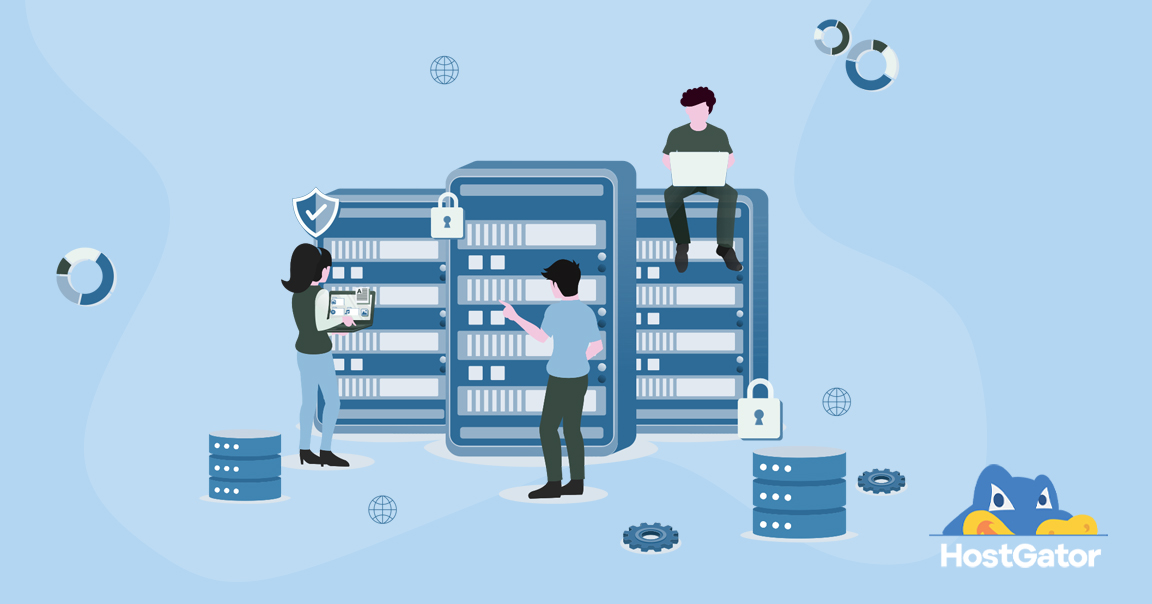Are you worried about your website going offline? Uptime in web hosting is the key to keeping your site running smoothly. When your website is down, you lose visitors and money. This blog will explain to you some easy ways to improve uptime and keep your site online.
We’ll cover choosing a good host, making your site safer and using smart tools to boost performance. By the end, you’ll know how to keep your website up and running more often.
Why is Uptime Important?
Uptime in web hosting is crucial for the success of your online presence. It directly impacts your website’s reliability, performance and user experience. When your site experiences downtime, visitors can’t access your content or services, potentially leading to lost sales, damaged reputation and decreased customer loyalty.
High uptime is essential for several reasons:
- User Satisfaction: Visitors expect websites to be available 24/7. In today’s digital world, even brief periods of downtime can frustrate users and drive them to competitors.
- SEO Rankings: Search engines like Google favour reliable sites with high uptime. Frequent downtimes can negatively impact your search engine rankings, making it harder for potential customers to find you online.
- Revenue Generation: For e-commerce sites, downtime directly translates to lost sales. Even for non-commercial sites, downtime can mean missed opportunities for lead generation or ad revenue.
- Brand Trust and Credibility: Consistent availability builds credibility. Frequent downtimes can damage your brand’s reputation and erode trust among your audience.
Choosing reliable providers that offer guarantees for uptime in web hosting is important to make sure that people can access your website at all times.
Techniques to Increase Website Uptime
Choosing a Reliable Web Host
Selecting the perfect uptime web hosting provider is important for improving uptime and ensuring your website’s success. When evaluating hosting options, look for providers offering:
- 99.9%+ Uptime Guarantee – This is what the industry expects from a trusted host
- Positive Reviews on Independent Websites – Don’t just trust the host’s marketing
- Transparent Pricing – Avoid hidden fees that could impact your long-term costs
- Scalable Hosting Options – Ensure your host can grow with your website
- 24/7 Customer Support – Essential for quick resolution of any issues
Implementing Website Security Measures
Strong security is essential for maintaining hosting uptime and protecting your site from threats:
- Use robust firewalls and DDoS protection to prevent attacks
- Regularly update your CMS, plugins, and applications to patch vulnerabilities
- Implement strong password policies and two-factor authentication
- Consider managed hosting for expert security management
- Regularly back to your website to quickly recover from any issues
- Use SSL certificates to encrypt data and improve trust
Optimising Website Performance
Large images can make your site slow and impact uptime. To improve:
- Compress images using tools like PNG/JPG Compressor
- Resize images appropriately for web use
- Use modern image formats like WebP for better compression
- To speed up the first-page load, use lazy loading for images
Smart Use of JavaScript
Optimise JavaScript to enhance uptime and site performance:
- Compress and minify JavaScript files to reduce file size
- Use asynchronous loading for non-essential scripts
- Combine scripts where possible to reduce HTTP requests
- Remove unused JavaScript to lighten the load on your server
Website Compression
Implement GZIP compression to improve uptime:
- Reduce bandwidth usage, lowering the strain on your server
- Decrease page load times, improving user experience
- Lower the risk of timeout errors that can lead to downtime
- Compress HTML, CSS, and JavaScript files for faster delivery
Ensuring Adequate Server Capacity
To improve uptime and maintain consistent website performance, it’s crucial to ensure your server can handle traffic spikes:
- Choose scalable hosting plans that can grow with your site’s needs
- Regularly monitor server resource usage to anticipate capacity issues
- Upgrade your plan proactively before reaching capacity limits
- Consider cloud hosting for automatic resource allocation and improved uptime
- Implement load balancing to distribute traffic between servers
- Use content delivery networks (CDNs) to offload static content and reduce server strain
Monitoring Your Website
Regular monitoring is crucial for maintaining hosting uptime and quickly addressing potential issues:
- Use comprehensive website monitoring tools like Free Website Monitor or paid alternatives
- Set up real-time alerts for downtime, slow loading times and server errors
- Monitor server resource usage (CPU, RAM, bandwidth) to identify performance bottlenecks
- Track uptime percentages to ensure your host meets their uptime guarantees
- Implement synthetic monitoring to simulate user interactions and catch functionality issues
- Use application performance monitoring (APM) tools to identify code-level problems affecting uptime
Proactive monitoring improves hosting uptime and client satisfaction by identifying and fixing problems before they create downtime.
Utilising Web Caching
Web caching is an effective strategy to improve uptime, enhance site performance and reduce server load:
- Implement browser caching to store static content locally on users’ devices
- Use server-side caching to reduce database queries and lighten server load
- Consider using a CDN for global caching and improved response times
- Configure cache expiration times appropriately to balance freshness and performance
- Implement object caching for content management systems like WordPress
Caching reduces server load, improves response times and helps maintain high uptime during traffic spikes. It’s particularly effective for improving hosting uptime on content-heavy websites or those with global audiences.
Implementing a Content Delivery Network (CDN)
A CDN is a powerful tool to improve uptime and enhance website performance. CDNs distribute your website’s static content across multiple servers worldwide which reduces the load on your primary server and improves response times for users.
By implementing a CDN, you can significantly boost your site’s uptime, especially during traffic spikes or when your main server experiences issues.
Pay Attention to DNS Failures
Effective DNS management is crucial for maintaining high uptime web hosting. DNS (Domain Name System) acts as the internet’s phonebook, translating domain names into IP addresses. Anycast DNS technology sends user queries to the closest DNS server, improving speed and uptime.
If one DNS server fails, other DNS providers can keep your website up and running. Regularly updating and maintaining your DNS records is also essential for optimal performance and uptime.
Strategies for Smooth Website Migration to Ensure Hosting Uptime
- Create a Complete Backup: Before starting, make a full backup of your website.
- Keep Your Current Plan Active: Don’t cancel your old hosting plan until the migration is complete.
- Set Up the New Environment: Configure your new hosting account without disrupting the old one.
- Download All Backup Files: Transfer your backup files to the new server.
- Check Database Functionality: Ensure all database connections are working in the new environment.
- Update Nameservers: Change your domain’s nameservers to point to the new host.
- Monitor Both Sites: During DNS propagation, keep both old and new sites operational.
- Avoid Content Changes: Refrain from updating either site during the transition to prevent data loss.
- Test Thoroughly: Verify all functions on the new site before completing the migration.
- Inform Your Old Host: Only cancel your old plan after confirming the new site is fully functional.
Conclusion
Improving hosting uptime is crucial for your website’s success. We’ve covered many ways to keep your site online, from picking a reliable host to using CDNs and caching. Remember, every minute of downtime can hurt your business. By using these tips, you can make your website more stable and keep visitors happy.
Don’t let downtime hold your website back! At Hostgator, we offer reliable hosting solutions with a 99.9% uptime guarantee, 24/7 support, and scalable plans to keep your site running smoothly.

